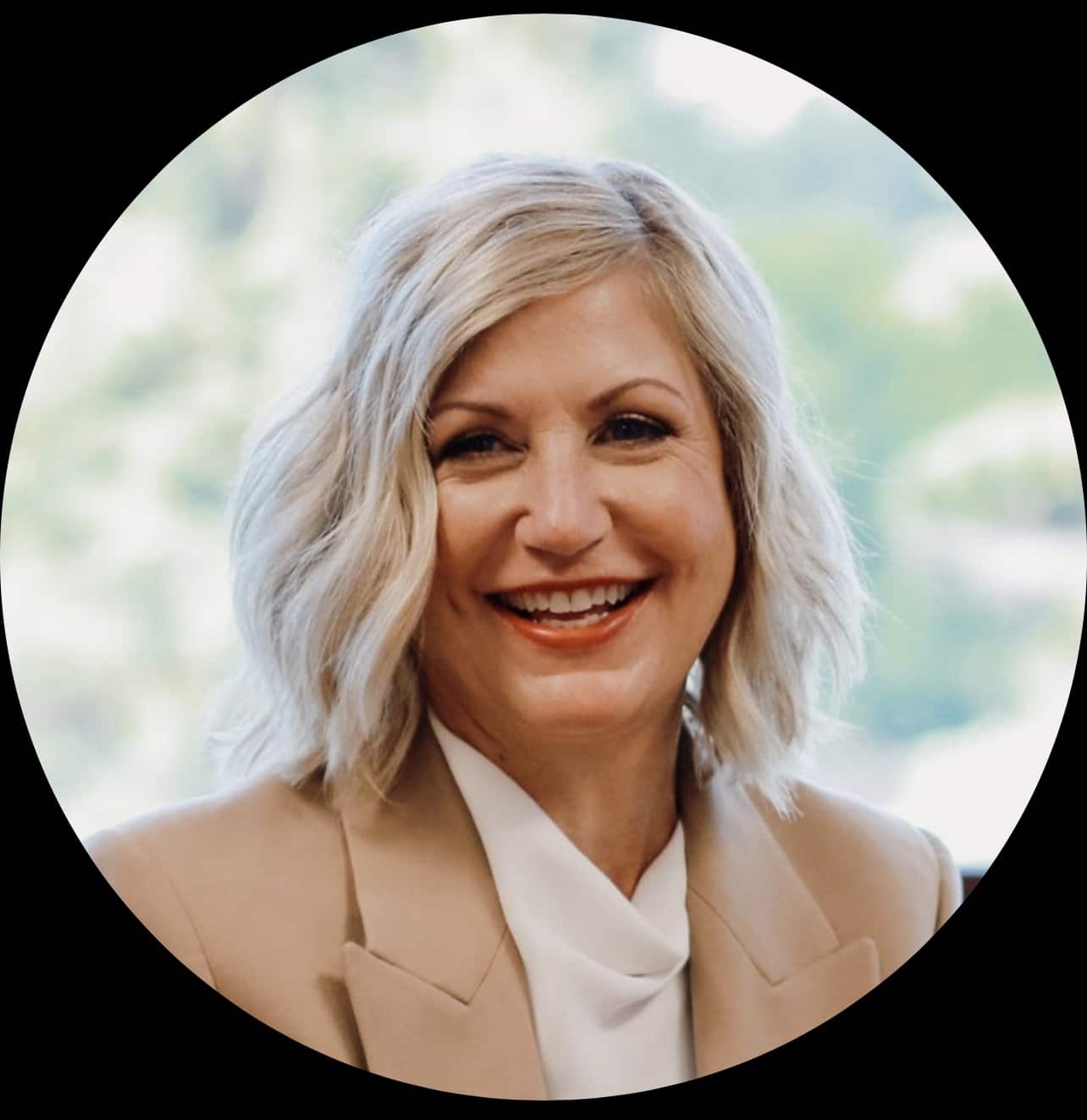Storm Creek (PPAI 438091, Gold), PPAI 100’s No. 33 supplier, has announced that it has earned B Corporation certification.
- This designation is awarded to companies that meet the highest standards of verified social and environmental performance, public transparency and legal accountability to balance profit and purpose.
“We’ve always believed that looking good and doing good should go hand in hand,” says Teresa Fudenberg, CEO and owner of Storm Creek. “Becoming a Certified B Corporation is more than a milestone. It’s a meaningful reflection of who we are and what we stand for. It validates our commitment to making better choices for people, planet and the future of branded merch.”

Teresa Fudenberg
CEO/Owner, Storm Creek
Storm Creek’s B Corp Certification recognizes its measurable impact across five key areas: governance, workers, community, environment and customers. Notable highlights include:
- Sustainable Design: Over 95% of products are made with sustainable materials.
- Certified bluesign system partner, ensuring responsible chemical management and environmentally safe manufacturing processes.
- Participant in the United Nations Global Compact, aligning business practices with universal principles on human rights, labor, environment and anti-corruption.
- 1% for the Planet: Donating over 1% of annual sales to nonprofit organizations driving local and global change.
“This is who we are at our core – doing business the right way,” says Storm Creek President Doug Jackson. “Our customers want to align with companies that reflect their values. Now, with B Corp certification, we’re giving them every reason to feel confident and inspired by what they wear and sell to their end buyers.”

Doug Jackson
President, Storm Creek
What Is B Corp Certification?
As of July 2025, there are more than 9,900 B Corporations across 103 countries, according to certification founder B Lab, a nonprofit dedicated to helping companies balance profit with purpose.
- Some of the most high-profile B Corps include Patagonia, Ben & Jerry’s and Eileen Fisher.
Rather than measuring environmental impact alone, the designation signifies that a company is meeting “high standards” of accountability, transparency and verified performance in a variety of factors, such as supply chain practices, charity work and employee benefits.
RELATED: B Corp Certified: What This Distributor Has Learned One Year Later
Several promo firms have achieved B Corp certification in recent years, including Gemline, Fairware, Genumark, Brand Fuel, Full Line Specialties, Raining Rose, Chameleon Like, McCabe Promotional, Eco Promotional Products and more.
Trust The Process
Established in 2006, B Corp certification has become so highly regarded because of its onerous and time-consuming process. For example, Brand Fuel began the process more than a decade ago, finally earning certification in September 2022.
The process consists of three steps:
- Achieving a B Impact Assessment score of 80 or above and passing the risk review.
- Making a legal commitment by changing corporate governance structure to be accountable to all stakeholders rather than just shareholders, as well as achieving benefit corporation status if available in your jurisdiction.
- Exhibiting transparency by allowing information about performance measured against B Lab’s standards to be publicly available on your B Corp profile on B Lab’s website.
The first step is the most difficult because the B Impact Assessment tool measures your company’s practices and outputs across five categories: governance, workers, community, the environment and customers.
RELATED: B Corp vs. EcoVadis: The Ultimate Showdown
Applicants are not only grilled with a series of questions based on each category, but also must provide documentation to verify their answers. A full-time job in and of itself, the process is best carried out by teams consisting of employees from different departments.
Here are some sample questions:
- What percentage of management is from underrepresented populations?
- What portion of your management is evaluated in writing on their performance with regard to corporate, social and environmental targets?
- Does your company monitor and record its universal waste production?
- How do you verify that your product improves the impact of your client organizations?
After an analyst reviews the initial answers, it’s time for follow-up questions and requests for more data. The lengthy, back-and-forth process requires applicants to perform their due diligence regarding every aspect of their operation.


